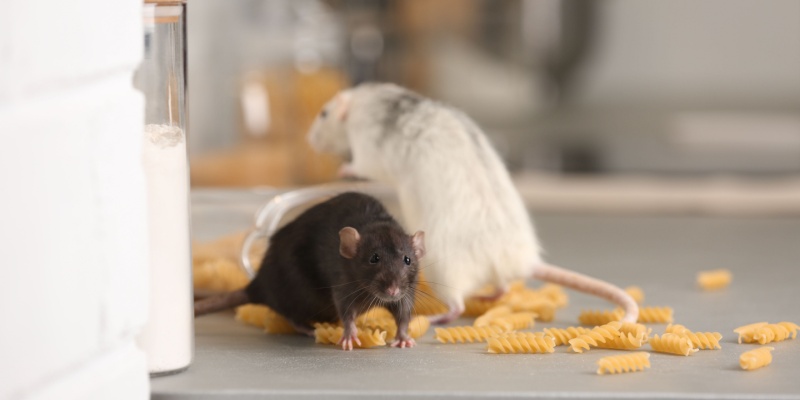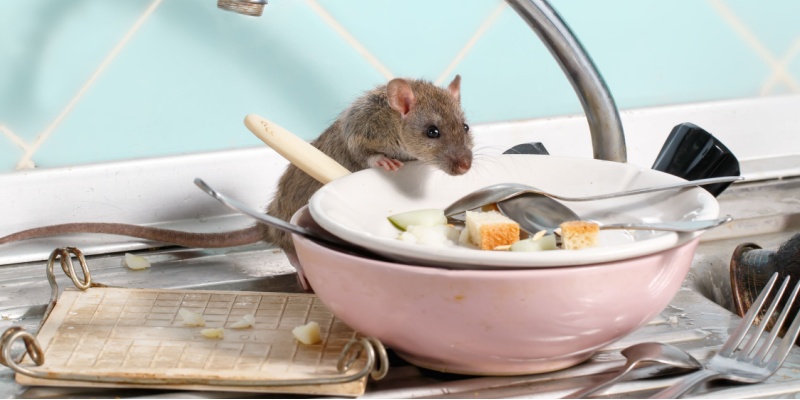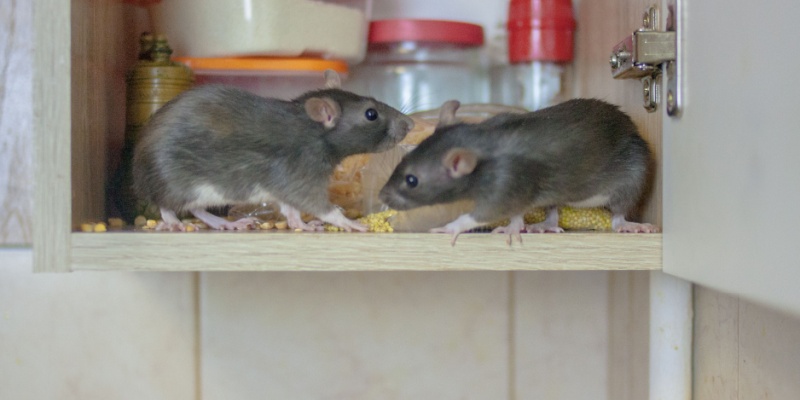New York City’s restaurants are prime targets for rats, thanks to the abundance of food and hiding spots they offer. A single rat sighting in your restaurant can damage your reputation and lead to costly fines or even closure by the health department. That’s why rodent-proofing your restaurant is essential for keeping rats away and protecting your business. Here are some key strategies for keeping rats out of your NYC restaurant:
1. Seal Entry Points
Rats can squeeze through openings as small as a quarter, making it crucial to seal any potential entry points in your restaurant. Here’s what to look for:
- Cracks and Gaps
Inspect the exterior of your building for cracks, gaps, or holes in walls, windows, and doors. Use caulk, steel wool, or metal mesh to seal these openings.
- Utility Lines
Rats can enter through gaps around utility lines, such as plumbing and electrical cables. Make sure these areas are properly sealed to prevent rats from sneaking in.
- Floor Drains
Rats can access your restaurant through floor drains, so it’s important to install rat guards or covers to prevent entry.
2. Keep Food and Waste Secure
Rats are attracted to food, so proper storage and waste management are critical for keeping them out of your restaurant. Follow these guidelines to prevent rats from finding a food source:
- Store Food Properly
All food should be stored in sealed, rat-proof containers, preferably made of metal or thick plastic. Avoid leaving food out overnight, and make sure pantry areas are clean and organized.
- Clean Up Spills Immediately
Food spills and crumbs are an open invitation for rats. Make sure your kitchen and dining areas are cleaned thoroughly at the end of each day, and wipe down all surfaces regularly.
- Secure Waste Bins
Rats are attracted to garbage, so use heavy-duty, rat-proof trash bins with tight-fitting lids. Keep outdoor dumpsters clean and well-maintained, and dispose of garbage regularly to avoid attracting rats.
3. Maintain a Clean Environment
Cleanliness is one of the most effective ways to prevent a rat infestation in your restaurant. Rats thrive in unsanitary conditions, so maintaining a clean environment is key:
- Regularly Clean Hard-to-Reach Areas
Don’t forget to clean under and behind appliances, where food debris can accumulate. Pay special attention to areas near dishwashers, ovens, and refrigerators.
- Sanitize Food Prep Areas
After each shift, thoroughly sanitize all food prep areas, counters, and floors to remove any food residue.
- Empty Grease Traps
Grease traps can attract rats if not emptied regularly. Make sure grease traps are cleaned and maintained according to your restaurant’s schedule.
4. Inspect and Maintain Your Building
Regular inspections and maintenance are crucial for keeping rats out of your restaurant. Here’s what to focus on:
- Inspect Regularly
Conduct regular inspections of your building, paying close attention to areas where rats might enter, such as basements, storage rooms, and garbage areas.
- Repair Damage
Rats can chew through wood, insulation, and even electrical wiring. Repair any structural damage immediately to prevent rats from using it as an entry point.
- Check for Signs of Rats
Look for signs of rat activity, such as droppings, gnaw marks, and grease trails along walls. If you notice any of these signs, take immediate action to address the problem.
5. Work with Professional Pest Control Services
Even with the best prevention measures in place, rats can still find a way into your restaurant. That’s why partnering with a professional pest control service is essential. Pest control experts can help you:
- Conduct Routine Inspections
Regular pest control inspections help identify potential entry points and signs of infestation before they become a major issue.
- Set Traps and Bait Stations
Pest control professionals can strategically place traps and bait stations around your restaurant to catch rats before they cause problems.
- Provide Ongoing Monitoring
Continuous monitoring ensures that your restaurant stays rat-free, even during peak pest seasons.
Protect Your Restaurant and Reputation
By taking these steps to rodent-proof your NYC restaurant, you can prevent rats from gaining access to your business and protect your reputation. A clean, rat-free environment is essential for customer satisfaction and compliance with health department regulations. Don’t wait for a rat problem to arise—invest in professional rodent-proofing services to keep your restaurant safe and pest-free.





